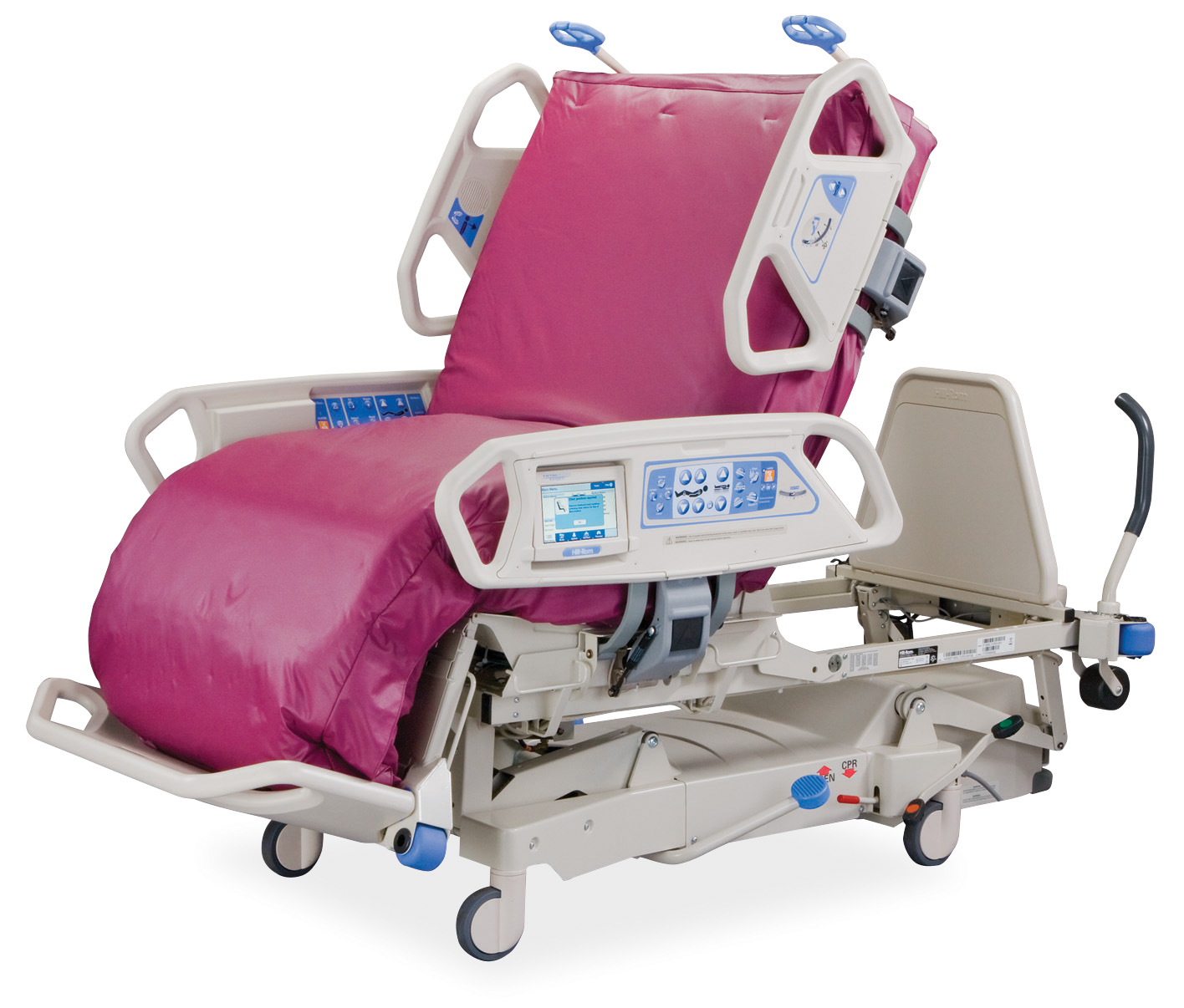An outgoing member of Congress is teaming with a healthcare professional in his district to call attention to a potential flaw in the design of a prominent brand of hospital bed. Mike Fitzpatrick, representing Pennsylvania’s 8th district, says the TotalCare beds manufactured by Hill-Rom Inc. accumulate bio-debris in a recessed hinge area. Fitzpatrick maintains this compromises patient safety.
The Philadelphia Inquirer reports that Fitzpatrick learned about the problem from physician Hooman Noorchashm, MD, PhD, a thoracic and cardiac surgeon living in the Philadelphia area. Though Noorchashm has logged plenty of hours in hospitals as a practitioner, he took notice of the issue with the TotalCare beds while on premises in a different capacity: as a concerned family member.
Noorchashm was visiting his wife, Amy Reed, MD, PhD, after she’d been admitted to the Hospital of the University of Pennsylvania for cancer treatment. According to Noorchashm, he noticed gray debris in the nook that houses the hinge for the bed railing. An impromptu reconnaissance mission to neighboring rooms suggested it wasn’t an isolated problem.
“They look like ashtrays that face the patient, and they accumulate bio-debris,” Noorchashm told the Inquirer.

The TotalCare SpO2RT 2 ICU Bed. (Image credit: Hill-Rom, Inc.)
Specialists in infectious disease within the hospital examined the material and declared it “harmless,” but that didn’t satisfy Noorchashm, who alerted Hill-Rom, Inc. along with relevant state and federal agencies.
He also wrote his congressman. Though Fitzpatrick is stepping down at the end of his current term (his brother, Brian Fitzpatrick, won the seat in the recent election), he’s raising alarms about the beds.
“As patients, we have an expectation that medical devices we come in contact with are clean and sanitary,” Fitzpatrick said in a statement obtained by the Inquirer. “Dr. Hooman Noorchashm brought to my attention hard-to-clean areas on these rails, which prevent proper sanitization. This essentially is a flaw in a very common medical device.”
Hill-Rom indicates they’ve received no other complaints about the bed, but also notes they’re evaluating the concern in cooperation with the U.S. Food and Drug Administration.
This isn’t Noorchashm’s inaugural foray into full-throated advocacy for patient safety. Noorchashm and Reed engaged in a public, protracted fight with Brigham and Women’s Hospital in Boston, following a 2013 hysterectomy utilizing an electric morcellator. Performed with the belief that Reed’s heavy uterine bleeding was caused by benign fibroids, the procedure wound up needlessly spreading the previously undiagnosed uterine leiomyosarcoma.
It’s not likely that Noorchashm will recede from such patient advocacy any time soon. It seems Reed’s unfortunate situation has set him on a permanent path.
“It radically changed me on so many levels,” Noorchashm told the Inquirer earlier this year. “I had a tremendous amount of anger at my colleagues. I decided there was no way in hell that what they’re telling me happened to my wife was going to happen to other women.”




